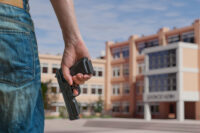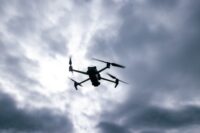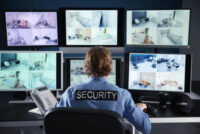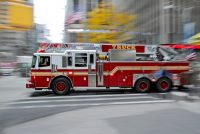How Do We Stop These School Shootings?
Editor’s note: FM Perspectives are industry op-eds. The views expressed are the authors’ and do not necessarily reflect those of Facilities Management Advisor. The senseless killing of two students and two teachers at Apalachee High School in rural Georgia on Sept. 4 once again begs the question, “How do we stop these school shootings?” It seems we […]







